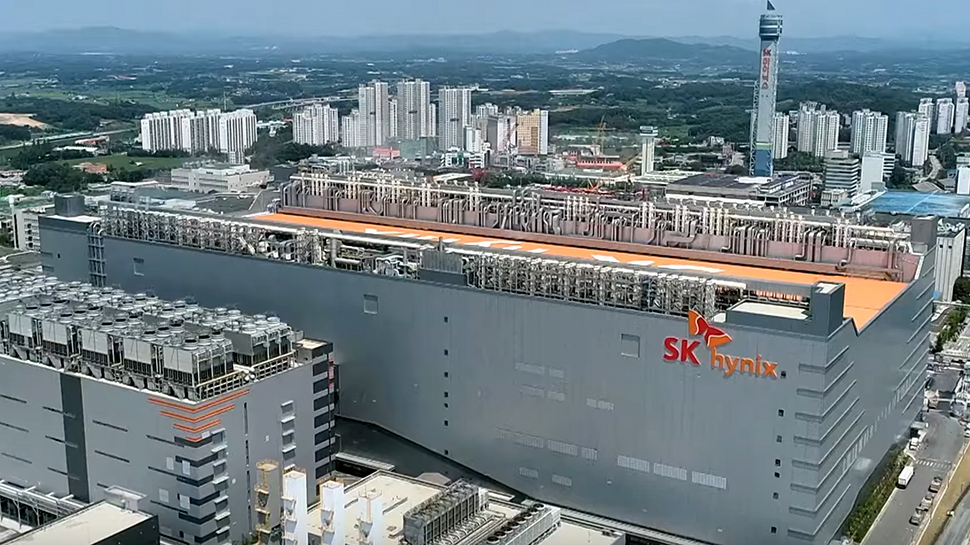Samsung archrival plans construction of world's largest chip factory — at more than $90 billion, it will take more than 20 years to finish, so one wonders what other exciting tech will it produce
SK Hynix will build four massive units at its semiconductor cluster in South Korea

Sign up for breaking news, reviews, opinion, top tech deals, and more.
You are now subscribed
Your newsletter sign-up was successful
SK Hynix, Samsung's chief competitor and the world's number two memory maker, has begun its audacious plan to build the largest chip production facility on the planet.
The construction at SK Hynix's giant Yongin Semiconductor Cluster in Gyeonggi Province, South Korea, will comprise four units. Work on the first unit, which is intended to be the world’s biggest three-story fabrication plant, is anticipated to commence in March 2025.
The Korea Economic Daily reports that the project is estimated to cost over 120 trillion won ($90.7 billion) and will span over two decades, with completion expected by 2046.
Government backing
The plan was first announced in 2019 but ran into delays due to Covid and licensing procedures. It received a boost in 2022 following an agreement between the government, municipalities, and companies, according to SK Hynix. The site of the first unit is now 35% prepared.
Trade Minister Ahn Deokgeun visited the site recently, promising government support for Korea's chip industry. “All ministries will work together to ensure that Korean companies won’t lag behind global players in semiconductor manufacturing speed. We will actively support high-bandwidth memory (HBM) chips to achieve more than $120 billion in semiconductor exports this year,” he said.
The Korea Economic Daily says the government will unveil strategies to accelerate artificial intelligence chip exports and bolster semiconductor equipment by the end of June.
Creating the world’s largest chip factory is just part of SK Hynix’s future plans. The manufacturing giant is also intending to invest $4 billion to build an advanced chip packaging facility in West Lafayette, Indiana.
Sign up to the TechRadar Pro newsletter to get all the top news, opinion, features and guidance your business needs to succeed!
More from TechRadar Pro

Wayne Williams is a freelancer writing news for TechRadar Pro. He has been writing about computers, technology, and the web for 30 years. In that time he wrote for most of the UK’s PC magazines, and launched, edited and published a number of them too.